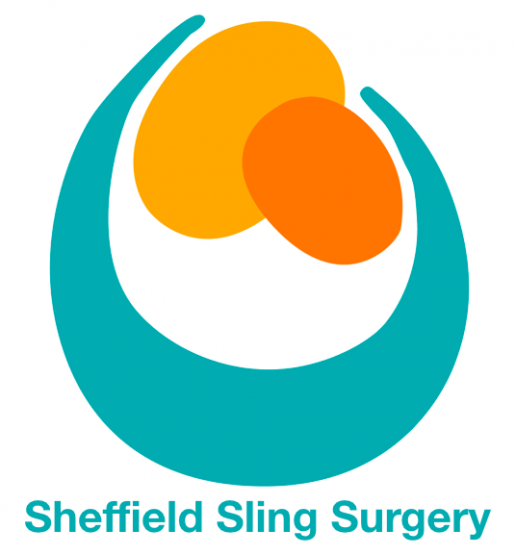In the UK Nappy Network libraries we believe washing nappies should be simple; a solid wash routine and your nappies will be clean and fresh, without the need for harsh chemicals. Bleach is NOT advised by UKNN libraries for several reasons, including its environmental impact, potential reaction on baby’s skin if not used correctly and following the advice of UK retailers and manufacturers with many years’ experience. Bleaching nappies will reduce the lifespan of your nappies, particularly elastics, PUL and bamboo. The NHS follows similar guidelines for washing items such as staff uniforms, so we are confident that our washing routines are sufficiently stringent.
Within the UKNN we have volunteers with decades of experience of washing reusable nappies, as well as manufacturers and retailers who have tested the effect of bleach on their products. We choose to follow their evidence-based advice, and encourage our clients to do the same on their own nappies.
UKNN nappy libraries are fully insured (this is one of the non-negotiable terms of joining the Network in the first place) and our insurance brokers are confident in our washing at 40/60 degrees between loans in order to safely ‘sanitise’ reusable nappies WITHOUT using chlorine bleach; we use oxygen-based bleach which is cloth and earth-friendly instead. We also recommend that clients wash kit nappies themselves before they use them too, so all nappies will have been washed a minimum of three times between loans (previous client, our team, new client). We also ensure that any nappies that have been worn by an unwell child are strip washed repeatedly at 60 degrees and completely dried out/exposed to heat where appropriate to eradicate any possible infection.
How to wash hire kits
● Stick all Velcro tabs down before you wash
● Put on a rinse cycle before washing at 40 degrees with a full dose of non-bio powder detergent
● Wash at 60 degrees if your baby is younger than three months, has been ill, has very sensitive skin or if you have more than one child in cloth
● Non-bio powder only (NO FABRIC SOFTENER/CONDITIONER/BLEACH)
● If tumble drying use a cool setting for short bursts (DO NOT TUMBLE DRY WATERPROOFING OUTERS)
● DO NOT place waterproof outers directly on radiators, this will cause irreparable damage
● Wash at 60 degrees before you return your kit to us
UKNN kits MUST be washed according to UKNN washing guidelines, so if you borrow a kit from our library you are agreeing to follow these rules. If you do not wish to wash according to our instructions, then you will be unable to loan.
For further information on washing, the Nappy Lady has a wealth of information available.
If you are at all unsure about how to wash your reusable nappies, or are struggling with smells, stains or any other issues, please do contact us, we will be happy to advise and support you.
We also have a Nappy Natter group where you can ask for advice.
Nappy rash suggestions
Using the above washing regime should minimise the risk of rash however if you are finding little sore bums here is a little check list to try
– Strip wash
– Which detergent? Recommend non bio powder, not liquid/soap nuts as leave residue, Ariel and Fairy non bio are both great – also possibly consider using bio powder as more surfactants so better clean (confirmed as safe by NHS but will void your nappy warranty, please don’t do this for hire kits)
– How much detergent? Could be too much/too little
– What temperature? If 40, try 60 as recommended for sensitive skin
– Could it be teething? or certain foods eg strawberries or tomatoes
– Cream is fine as long as using a liner – Weleda is the well-known ‘safe’ cream for cloth nappies, but is quite perfumed, La Roche Posay cycloplastic cream is a good alternative.
– For really bad rash, metanium with a liner is very effective but for open sores etc baby will need to see a doctor and/or be prescribed steroid cream
